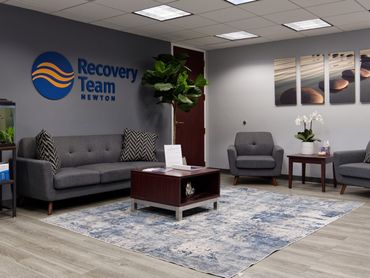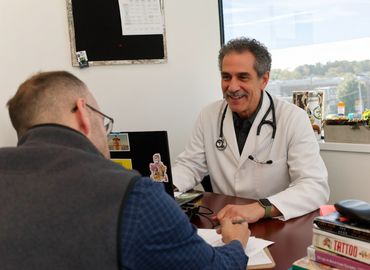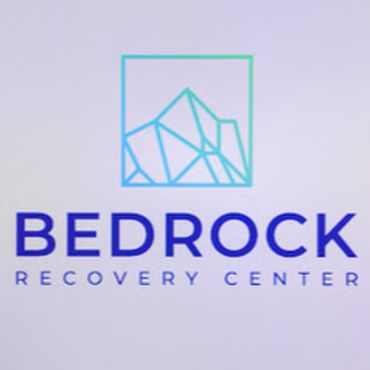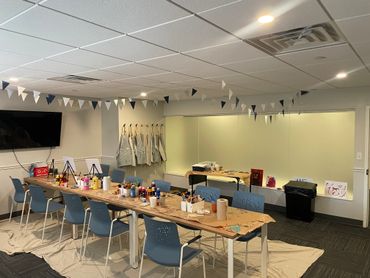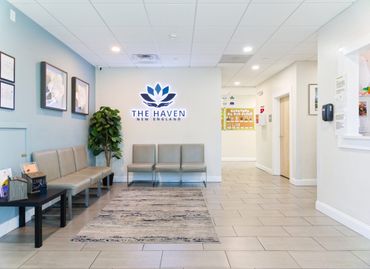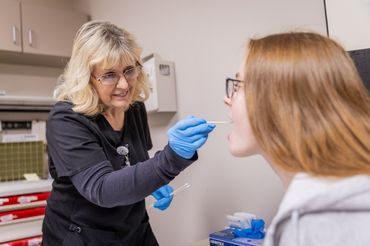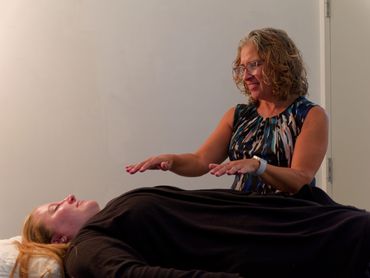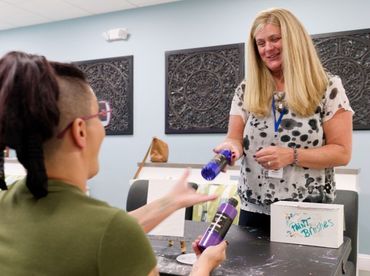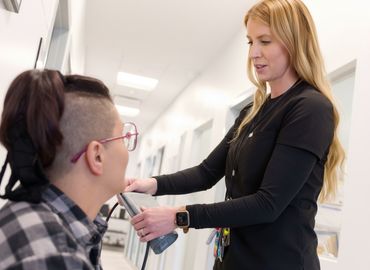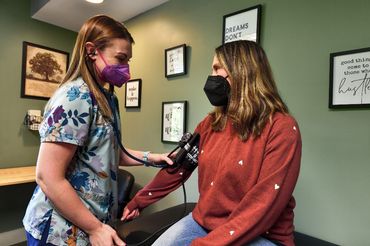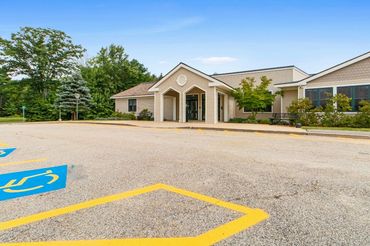
Drug & Alcohol Rehab Centers near Wakefield, MA
Taking the initial step towards overcoming substance use disorder in Wakefield, Massachusetts is a commendable decision. Understanding the range of available treatment choices and payment options is essential for embarking on a successful path to recovery.
Treatment Centers near Wakefield, MA



All Treatment Centers near Wakefield, MA
Are You Covered For Treatment?
- Worcester Rehabs
- Boston Rehabs
- Springfield Rehabs
- Brockton Rehabs
- Fall River Rehabs
- Taunton Rehabs
- New Bedford Rehabs
- Holyoke Rehabs
- Framingham Rehabs
- Tewksbury Rehabs
Information About Rehab in Wakefield
Latest Reviews
Latest Reviews of Rehabs in Massachusetts
The Recovery Team - Cape Cod
I am very grateful to Team Recovery for my continued sobriety.
The Recovery Team - Newton
NRT was exactly what I needed to maintain sobriety in early recovery. They have good facilities and a wonderful staff.
Area Information
Wakefield, a picturesque town in Middlesex County, Massachusetts, is home to a close-knit community of approximately 27,000 residents.1 Nestled just north of Boston, it combines small-town charm with the conveniences of urban life, making it an ideal place for visitors and residents.
Substance Misuse and Addiction in Wakefield, Massachusetts
Regrettably, Wakefield is not exempt from the challenges posed by substance misuse and addiction. Situated within Middlesex County, this region has faced a significant impact from the persistent drug epidemic. As reported by the Middlesex County District Attorney’s Office, the year 2021 alone witnessed a staggering 211 drug overdose fatalities.2
Drug and Alcohol Rehab
Rehabilitation facilities offer a diverse range of programs and options to assist individuals on their journey to recovery. These programs are tailored to meet the unique needs of each individual, recognizing that the path to sobriety is a personal and varied one.
What Happens in Drug and Alcohol Rehab?
Rehabilitation programs encompass several stages of treatment, including detox, inpatient, outpatient, and aftercare. These varying levels of care cater to individuals at different stages of their recovery journey, ensuring that everyone receives the support and treatment they require.
Detox Programs
Detoxification, commonly known as detox, marks the crucial first step on the journey to recovery from substance use disorders. This initial phase is medically monitored, ensuring the safety and well-being of individuals undergoing the challenging process of withdrawal. Withdrawal symptoms can be severe and uncomfortable, which is why detox programs may employ various medications to alleviate these symptoms and provide individuals with a more manageable path toward sobriety.
How Long Is Detox in Rehab?
The exact duration of detox can vary, typically spanning between 3 to 7 days, though this timeframe depends on numerous factors, including the specific substance of abuse, the individual’s overall health, and the severity of their addiction. Detox programs not only serve to remove the toxic substances from the body but also prepare individuals for the subsequent stages of treatment, providing a solid foundation for their recovery journey.
Inpatient Drug and Alcohol Rehab
Inpatient drug and alcohol rehabilitation is designed to offer individuals a structured and supportive environment in which to focus on their recovery. These programs typically span 30, 60, or 90 days, allowing individuals to immerse themselves fully in the treatment process. Therapy plays a pivotal role in inpatient rehab, with both individual and group therapy sessions being common components of the treatment plan.
Group therapy, in particular, provides a platform for individuals to share their experiences, challenges, and triumphs with others facing similar struggles. It not only creates a sense of community but also helps address any co-occurring disorders that may be affecting the individual. The comprehensive nature of inpatient drug rehab ensures that individuals receive round-the-clock care and support, creating an optimal environment for achieving lasting sobriety.
Outpatient Drug and Alcohol Rehab
Outpatient drug and alcohol rehab programs offer a flexible approach to recovery for individuals who do not require the intensive, 24/7 care provided by inpatient facilities. These programs focus on equipping individuals with the tools and strategies needed for successful aftercare and relapse prevention.
Outpatient treatment allows individuals to maintain their daily routines, including work or school, while receiving treatment during scheduled sessions. This approach is particularly valuable for those who have completed an inpatient program or for individuals with less severe addiction issues. The curriculum in outpatient programs may include counseling, therapy, and education on addiction and recovery.
How Much Does Rehab Cost?
The prospect of paying for rehab can feel daunting, but it should never be a reason to forgo seeking help. There are various options to explore, such as:
- Payment Plans
- Government Grants and Scholarships
- Free Rehab
- State-Funded Rehab
Does Insurance Cover Drug and Alcohol Rehab?
Most insurances do provide partial coverage for rehab, alleviating some of the financial burden. Drug rehab insurance can be a valuable resource in ensuring access to necessary treatment. Widely accepted insurances include:
Finding The Best Rehab Center
Wakefield, Massachusetts Drug and Alcohol Rehab Facilities
Our rehab locator tool enables individuals to find nearby facilities, although many experts recommend seeking treatment out of state to reduce distractions and enhance focus on recovery. Our locator tool assists in finding the best treatment facility, whether in Massachusetts or elsewhere.
Sources
- United States Census Bureau. Wakefield, Massachusetts. July 1, 2022.
- Middlesex County District Attorney Office. Middlesex County Fatal Overdose Statistics. December 31, 2021.

